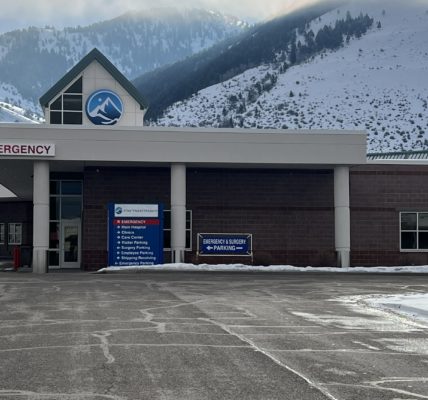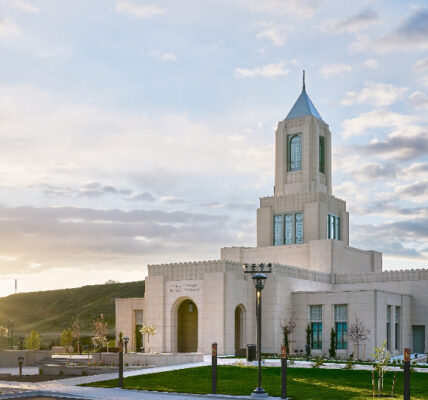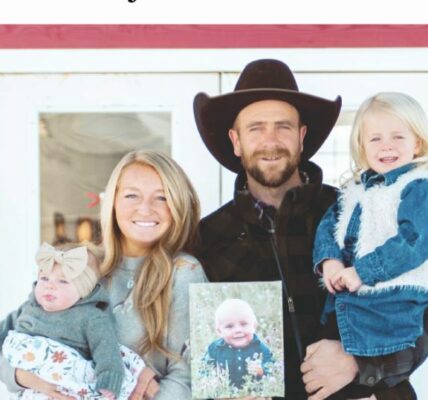By Nick Reynolds
Casper Star-Tribune
Via- Wyoming News Exchange
CASPER — Collapsing energy prices and the COVID-19 pandemic are expected to cost Wyoming up to $1.5 billion in revenues through June 2022, preliminary estimates released Tuesday show, setting the stage for steep budget cuts, new taxes or a mix of both.
In a preliminary report delivered Tuesday to members of the Legislature’s Joint Revenue Committee, state budget director Don Richards said Wyoming is anticipating declines in sales tax revenues of up to 30 percent in the 2021 fiscal year, exacerbated by a slowdown in estimated oil production of nearly 50 percent from estimates made in January. In all, that amounts to a shortfall of $877 million in the state’s general fund budget by June 30, 2022, or a budget reduction of roughly one-third.
In terms of cuts, that is equivalent to eliminating every single person employed in state government, Richards noted, or roughly all of the spending for the state’s education system.
Without some combination of budget cuts and new taxes, Richards said the state is currently on pace to exhaust its savings well before a budget passed in March runs its course in 2022, with double digit declines in sales tax and mineral production fueling the collapse. Though the state will have no cash issues through this summer, the state budget will likely need a new infusion of money to finish out the current budget.
“The current path is not sustainable,” Richards said.
While the numbers are preliminary – the estimates are based on numerous uncertainties including public health and economic considerations, consumer behavior and monetary policy at the state and federal level – the reductions could potentially end up being worse than anticipated, Richards said.
Though the estimates encompass modeling and several different production scenarios by the state geological survey, assumptions by the Consensus Revenue Estimating Group do not include delayed or reduced tax payments by cost-burdened energy companies or, in a worst-case scenario, the federal government granting those companies additional reprieves from federal mineral royalties, which still make up a significant share of the state budget.
Other factors – like tourism – remain question marks, said Director of Revenue Dan Noble.
“We have no idea what the impact on tourism is going to be this coming summer,” he said.
Any solution to addressing the crisis would need to be drastic and immediate.
While the governor already has broad powers to make emergency cuts and has urged agency heads to identify potential reductions in their own budgets, the Wyoming Legislature will have a significant role to play in balancing the state’s finances.
Absent additional federal relief to offset lost revenues — a non-starter for Senate Republicans — Richards told lawmakers that a slate of solutions will be needed to help balance the state’s budget, including massive cuts in spending, dipping into savings and, most likely, a number of tax increases at a scale no previous Legislature has ever discussed.
No single solution, Richards said, will solve the problem.
“Addressing this with any single lever has any challenges of its own,” he said.
Timing will likely be an issue. Notably, new taxes take time to implement and, in the shortterm, economic activity is likely to remain depressed for a year or more, likely reducing the impact of any immediate tax increases. Structurally, however, the state has long soldiered on with a tax structure that Gov. Mark Gordon’s chief of staff, Buck McVeigh, described on Tuesday as “flawed.”
While the Legislature recently passed a historic lodging tax which, theoretically, would have removed the Department of Tourism from the general fund budget, the most significant revenue options — a Republican-sponsored corporate income tax, nearly annual proposals from Democratic Minority Leader Cathy Connolly to impose income taxes on the state’s wealthiest individuals — have all been non-starters for members of the House and Senate.
The coronavirus pandemic might present the conditions needed to spur those discussions. Heading into this week’s meeting of the Joint Revenue Committee, Tuesday and Wednesday’s agenda included a number of previously failed tax proposals for discussion while advisers for Gordon — who has long been reluctant to support new tax proposals without exhausting all possible reductions in spending — said that “all options” are on the table.
An answer to Wyoming’s financial woes will likely require a strong response from both the executive and legislative branches.
Gordon’s office has already taken some initiative to adapt to the shifting sands beneath the state’s economy, including implementing a program called Power Wyoming to help gauge the impacts different tax structures could have amid unprecedented declines in the state’s energy sector.
Lawmakers on the Joint Revenue Committee, however, want more from his office, particularly after a budget session where Gordon supported only one revenue proposal on the board: a lodging tax.
“We can’t do it alone,” Connolly said. “We need partnership with the governor’s office to solve this problem.”
The inevitability of Wyoming’s current situation, however, could be changing the tide. While Gordon’s office did not support any specific tax policy recommendations heading into this year’s interim session, McVeigh told state lawmakers that at this point, “broad-based taxation” would be the most palatable option.
Lawmakers have discussed numerous revenue options over the past several years, few of which have been weighed seriously. However, early options on the table — even small ones — could potentially make a difference.
Adopting a sales tax policy similar to South Dakota’s, for example, could net Wyoming an estimated $185 million in revenues for state and local governments under 2019 conditions, while a Nebraska-styled corporate income tax could, under those conditions, bring Wyoming upwards of $177 million in new revenues per year. Other past options — like a real estate transfer tax (pitched several times over the years as a means to raise revenues in wealthy places like Teton County) were also touched on over the course of Tuesday’s preliminary discussions.
With the state’s revenues already in structural decline due to changes in the energy industry, discussions on broadening the state’s revenues have accelerated in recent years. However, the COVID-19 pandemic might be the crisis that eventually puts Wyoming over the precipice.
“We’ve been talking about making tough decisions for a very long time,” Senate Revenue Committee Chairman Cale Case, R-Lander, said Tuesday. “It’s time to start thinking about making these tough decisions moving forward.”






